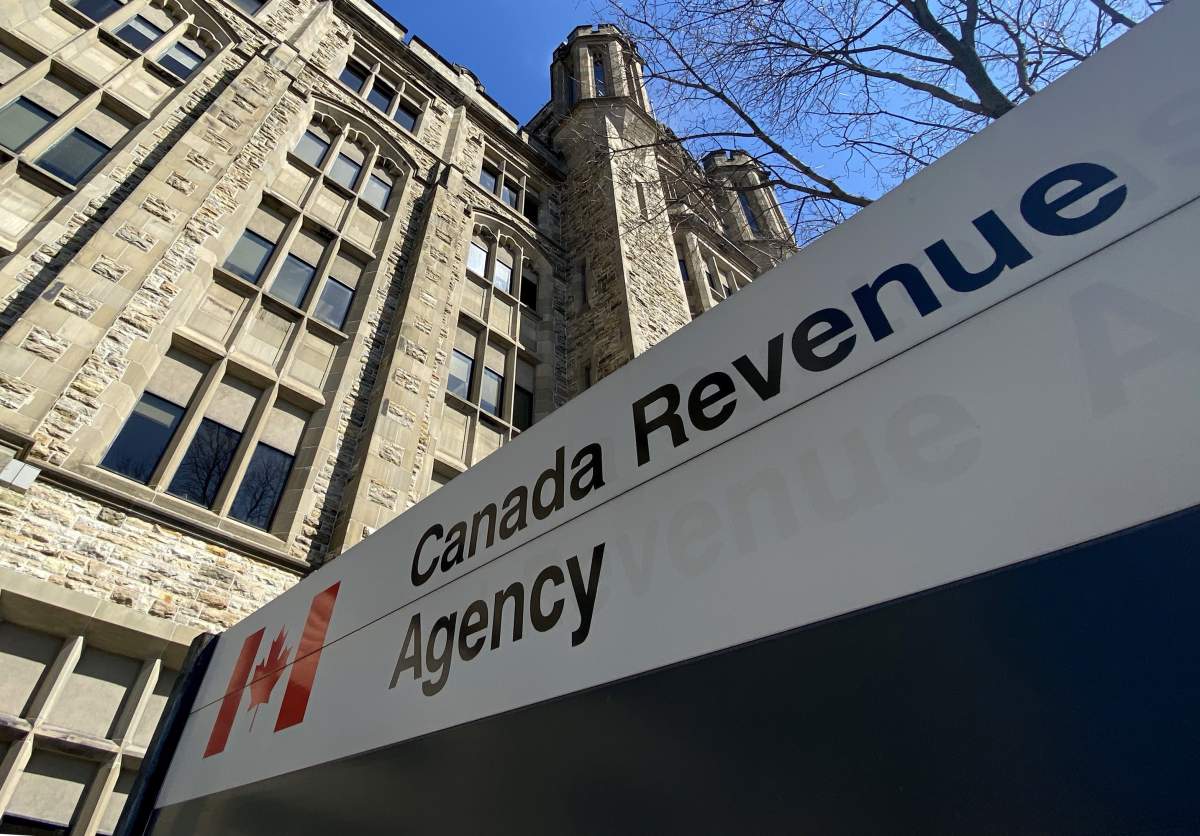If you have some last-minute questions about your annual tax returns, the Canada Revenue Agency is bracing for your call.

The federal tax agency is approaching the revised June 1 tax deadline after several weeks of fielding an unprecedented volume of calls — nearly three million phone calls since the COVID-19 pandemic struck Canada and the world.
The agency, which employs more than 40,000 workers across the country, quickly started moving a large portion of its workforce, including call centre employees, to work from home just as COVID-19 started triggering economic lockdowns across the country.
But as many other businesses were shutting down or suspending operations, the CRA faced a relentless stream of calls about new and revised COVID-19 support programs such as the Canada emergency response benefit (CERB), the Canada emergency student benefit (CESB), the Canada emergency wage subsidy (CEWS), as well as top ups for the GST rebate and the Canada child-care benefit.
“Since the launch of CERB in early April, the CRA’s call centre agents have answered roughly 3 million calls from Canadians on a range of subjects including CERB, CEWS, and CESB, as well as questions related to tax filing, benefits, and account access.”

In a normal tax season, the agency estimates it would need up to about 3,000 employees to respond to phone calls, but it has been forced to substantially increase that total due to the demand.
Already, thousands of existing employees have offered to take on new roles to help respond to all of the urgent calls coming in from Canadians, as some of their other duties are temporarily suspended or not considered to be critical.

Get weekly money news
“We were blown away by the response, when over 7,000 employees volunteered,” said Biram.
“In fact, it was beyond our current needs, meaning we selected the most uniquely qualified based on skillsets, many of whom who had previous work experience in our call centres.”
Employees and management at the agency have been trying to navigate through all of these urgent programs in the midst of a major labour dispute.
Public servants at the CRA have been working without a collective agreement since October 2016, and were considering strike action before cases of the novel coronavirus started to erupt around the world.
But its largest union quickly decided to postpone plans for a strike vote in March, agreeing to work with the employer as the emerging crisis started to overwhelm its call centres.
Marc Brière, president of the Union of Taxation Employees, which includes the majority of the agency’s workforce, said that the agency’s public servants demonstrated they were open to “collaborating greatly” with management.
The agency also said it moved about 400 of its collection agents, who were already working in a call centre role, to new duties in late April.
This required them to take calls from Canadians about the COVID-related support programs. The union agreed with this idea.
But not everything has gone smoothly.
The union objected after hearing management had also asked other collection agents to switch roles to assist with the high call volumes.
The agency wanted to move some of the 4,300 collection agents into temporary roles after suspending collection activities on new debts on March 16. But it failed to notify union officials about the proposed change.
The union said it was concerned that any decisions to force employees to move into new roles would violate their rights and potentially affect how they would be treated in the future.
“I just couldn’t let it go,” Brière said.
He said the level of complaints from employees at different locations prompted him to post a public message on the union’s website, on May 15, to ensure employees knew they could refuse to take on assignments that were unrelated to their job descriptions.
It is not entirely clear how the suspension of most collection activities has altered the workload of the other collection agents, but the agency said these employees are still looking at collecting some debts, on a case-by-case basis and performing other “non-critical collection activities such as inventory management, responding to inbound requests related to financial hardship and engaging in training and learning opportunities.”
The agency and the union say they continue to negotiate about whether to temporarily move these collection agents into other duties required to support emergency measures.
“Things are going fast with the pandemic,” said Brière. “All the decisions are being made a lot faster… And the government has put a lot on the shoulders of the CRA.”
You can find information about how to reach the Canada Revenue Agency call centre over here or by dialing 1-833-966-2099.







Comments
Want to discuss? Please read our Commenting Policy first.